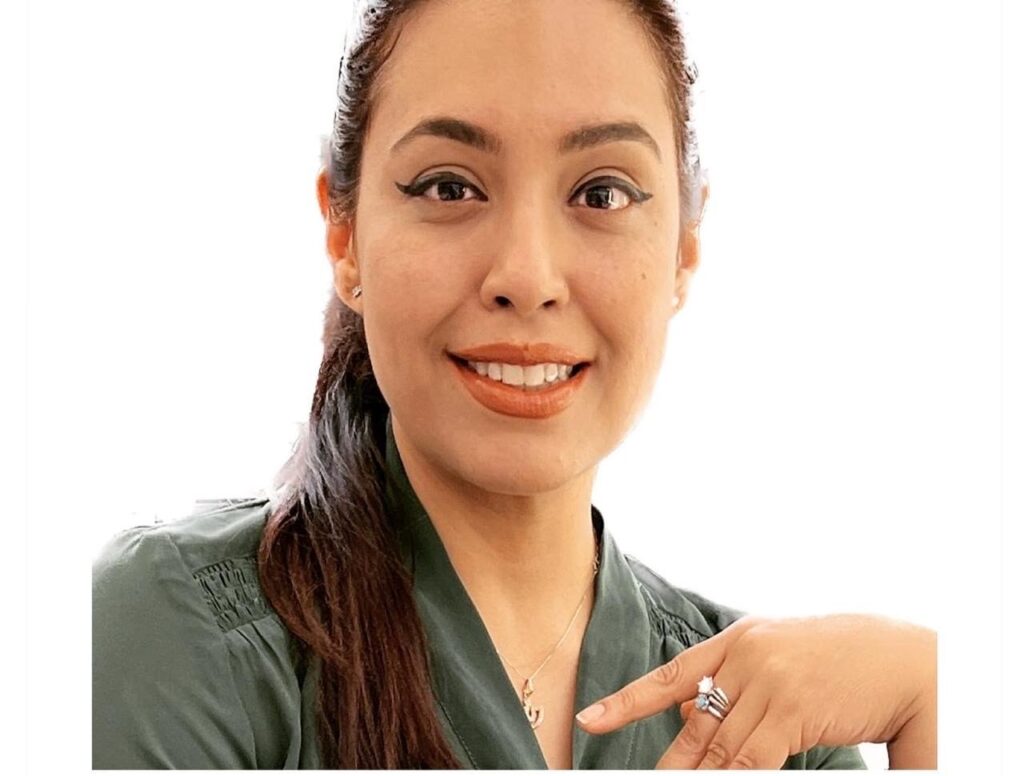What is your professional background?
I am currently working as an obstetrician and gynecologist in a secondary care hospital in Pakistan. My hospital is affiliated with the government of Punjab, which is one of the four provinces in Pakistan. In Pakistan, the health system has three layers. Basic Health Units and Rural Health centres, then the middle link of secondary level hospitals where I work, and lastly tertiary care hospitals where very high risk cases are referred.
I did my training at one of the biggest hospitals in the country.
How did you learn about UpToDate?
At the 2018 FIGO (International Federation of Obstetricians and Gynecologists) conference, I met Dr. Atul Gawande who introduced me to Ariadne Labs. He mentioned the Better Evidence UpToDate Donation Program and said that I should apply because it makes UpToDate available to doctors who are working in developing countries.
What are some instances where you’ve relied on UpToDate?
There are always new diseases or diseases that I have not encountered for a while, where I don’t know how to manage the disease. For cases like those, I can consult UpToDate. UpToDate is always updating its resources, recommendations, and treatment guidelines. So it has actually helped us to streamline our practices.
Recently, I was not sure if I should suggest breastfeeding for a COVID-19 positive woman, and I was able to get the information I needed from UpToDate. Another time I was not sure if a woman should get pregnant if she was COVID-19 positive, so I looked it up on UpToDate. Often when I have to treat a preterm delivery and need to know what the protocol is, I will consult UpToDate.
Another example is using hydroxychloroquine for treating COVID-19. Hydroxychloroquine was really hyped and everyone was suggesting it as an effective preventive. When I checked on UpToDate, there wasn’t any recommendation for COVID-19 and hydroxychloroquine. UpToDate reported that it was still under research.
What makes UpToDate a unique tool for health care delivery?
Pakistan was a colonized country, and, as such, we maintain very close relationships with royal colleges. Most of the students and doctors in Pakistan use the guidelines for the royal college of their medical or surgical specialty. The royal college guidelines, which don’t always include current evidence from recent research papers and are not updated as quickly as UpToDate.
The best thing about UpToDate is all the research papers it incorporates — it’s very regularly updated. I hardly ever come across something which is not present in UpToDate.
UpToDate has specific data-based recent advances. UpToDate includes not only recent research papers but also all international guidelines from Royal Colleges, American Colleges, European Societies, Canadian, Asian and the World Health Organisation which helps to compare global recommendations and practice. It is useful to see all the guidelines side-by-side, which is another thing that makes UpToDate unique.
How does UpToDate help you address challenges in your work?
UpToDate is very useful for patient education because diseases that are difficult to understand are written down in very simple English that can be easily translated. I often show patients information from UpToDate.
What role will UpToDate play in your future work?
I always want to have access to UpToDate. A doctor has to keep himself or herself abreast of all the recent advances in their specialty. UpToDate allows them to do that. I’m so busy in my clinic; I don’t have time to separately search each and every disease. That’s where UpToDate is essential.



